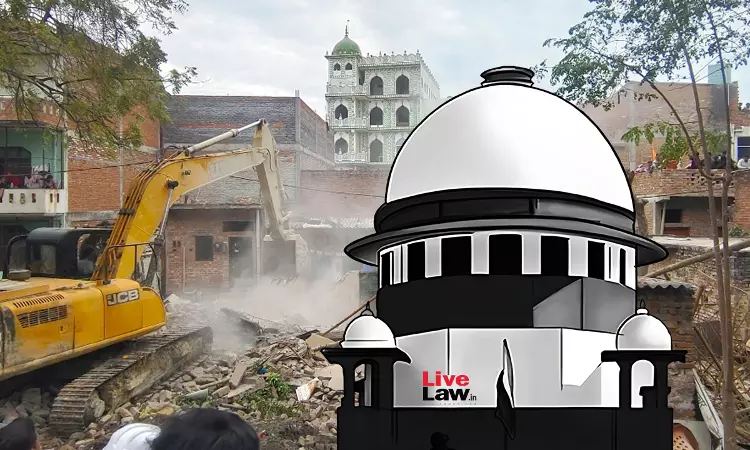In a swift response to the recent demolitions of commercial spaces in Lucknow's Akbar Nagar, multiple petitions have been filed in the Supreme Court challenging the legality of the demolition orders. The move comes after the Allahabad High Court's dismissal of pleas from 24 occupants, clearing the way for the Lucknow Development Authority (LDA) to proceed with the demolition of allegedly...

